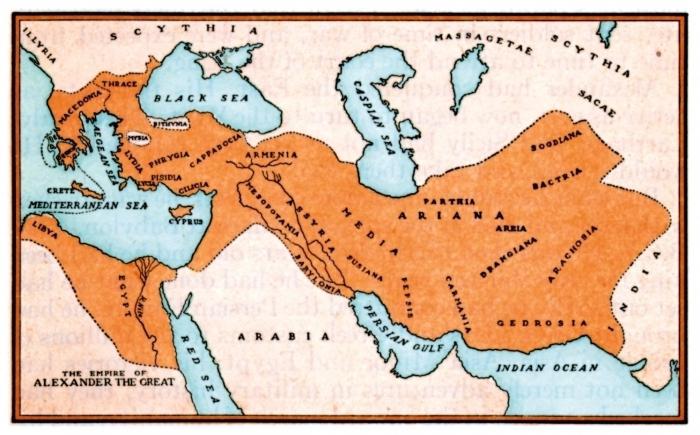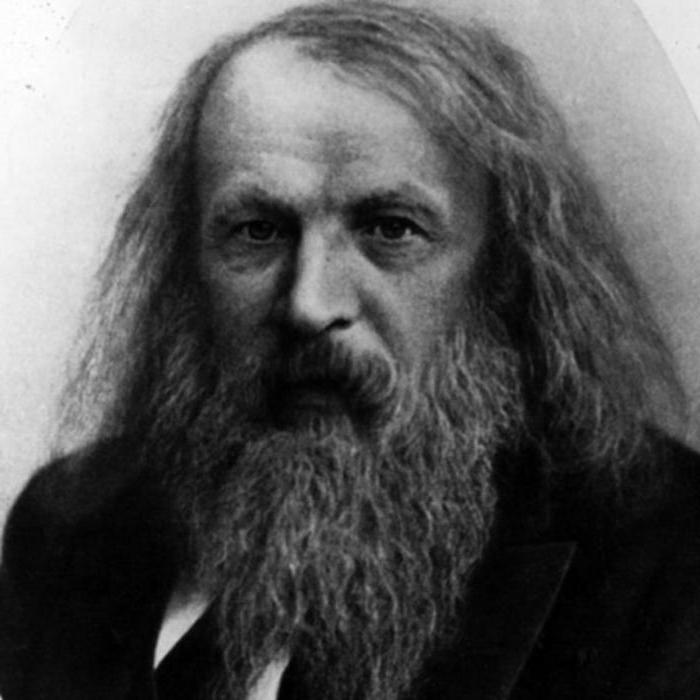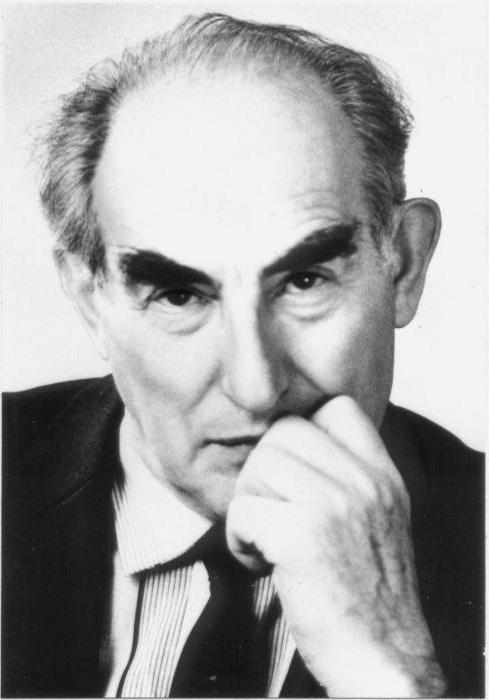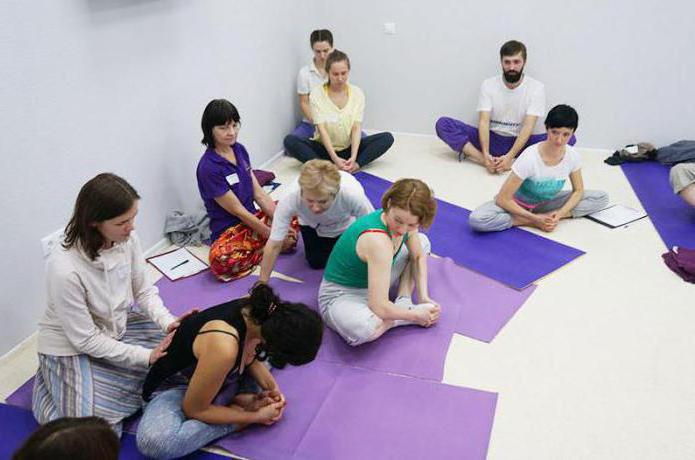Biography of Alexander Butlerov and his contribution to science
Butlerov's biography, with which you will become acquainted in this article, is marked by the creation of a theory of the chemical structure. This theory still forms the basis of the science of the nature of chemical compounds.
Butlerov's biography begins in 1828, when Alexander Mikhailovich was born in the small Butterovka village, located not far from Kazan. This event occurred on the estate of his father.

Butlerov Alexander Mikhailovich: childhood
Alexander did not remember his mother, since shedied 11 days after the birth of her son. His father was an educated man, and the future scientist wanted to be like him in everything. At first the boy went to a boarding school, and then began to study in the First Kazan Gymnasium. In this educational institution there were very experienced teachers who knew how to evoke interest in their subjects. Alexander studies were easy, especially natural sciences.
Classes at Kazan University, moving to Kazan
Contrary to the wishes of his father, after graduation from the gymnasiumAlexander Mikhailovich decided to become a student of the natural science department of the university in Kazan. A year later, in 1845, he was accepted for the first year. At this time the young man turned 17 years old.
Butlerov's biography was noted in 1846. an unpleasant event - he fell ill with typhus. The guy miraculously survived, but his father, infected from him, passed away. Butlerov in the autumn moved with his aunt to Kazan. At university, he worked hard, but soon noticed that most of all he liked lectures in chemistry. He was not satisfied with the lectures of Professor Klaus, so he began attending classes conducted by Nikolai Nikolaevich Zinin. The latter, observing during the laboratory work for Alexander, noticed that he was gifted.
Protection of candidate work
To obtain a PhD degree, AlexanderMikhailovich was supposed to present a thesis at the end of the university. By this time Zinin left for St. Petersburg from Kazan. Therefore, Alexander had to do natural sciences. He prepared for his candidate work an article entitled "Day butterflies of the Volga-Ural fauna". But after a while the circumstances developed so that Butlerov returned to chemistry after all.
Work at the Kazan University
After obtaining the degree, Alexander remainedwork at Kazan University. Klaus, the only professor of chemistry, could not carry out all his studies himself and needed an assistant, which became Alexander Mikhailovich. Butlerov in the autumn of 1850 passed exams and became a master of chemistry. He immediately began working on his doctoral thesis on the topic of essential oils. Butlerov defended this work early next year. Simultaneously with the preparation of lectures, Aleksandr Mikhailovich engaged in a thorough study of the history of chemistry.
Butlerov botanist
Butlerov's biography interests not only chemists,but also botanists. Alexander Mikhailovich conducted experiments in his greenhouses, located in Butlerovka and in Kazan. He also wrote articles on floriculture, horticulture and agriculture Butlerov Alexander Mikhailovich. Photo of the monument to Alexander Mikhailovich, located in Kazan, near the university, is presented below.

Doctoral degree, overseas business trip, contribution to chemistry
Butlerov June 4, 1854 received a doctorate in physics and chemistry. Immediately after that, he was appointed to the post of acting professor of chemistry at his native Kazan University. Butlerov by the beginning of 1857 was already a professor. In the same year, in the summer, he received permission to go on a business trip abroad.
In Berlin, Alexander Mikhailovich arrived at the end of the summer. After a while he continued his journey through Germany, Italy, Switzerland and France. Paris was the ultimate goal of the trip. At that time it was a world center for the study of chemistry. Butlerova mainly attracted a meeting with Adolf Wurz. In his laboratory, worked 2 months Alexander Butlerov. The chemist began to conduct his experiments here. After a while his research brought first fruits. During the next 20 years, he opened dozens of reactions and substances Alexander Butlerov. The contribution to chemistry was simply enormous. In addition, his exemplary syntheses of ethylene and ethanol, tertiary alcohols, dinzobutylene, trioxymethylene, and urotropine are at the origin of a number of industries. They had a stimulating effect on its development. As you can see, Butlerov Alexander Mikhailovich did a lot for science and industry. Achievements it is difficult to overestimate. Let us now describe the theory created by this chemist.

The Butlerov theory
Butlerov, studying hydrocarbons, realized that thisa separate class of chemicals. The scientist, analyzing their properties and structure, noticed a strict pattern that formed the basis of the theory of the chemical structure that he created.
Butlerov's report at the Paris Academy of Sciences wasmet with interest. A lively debate began. A few years later, during his second mission abroad, Alexander Mikhailovich presented the theory he had created. He made a report at the 36th Congress of Physicians and Naturalists in Speyer, held in September 1861. Butlerov read his report on "Something about the chemical structure of bodies." The scientist acquainted the audience with the new theory of the structure of organic substances he created. He said that every atom that is part of the body takes part in its formation and acts with forces directed at the atoms surrounding it. It is because of this influence that atoms are bound to a molecule, a chemical particle. He called the chemical structure the distribution of the action of these forces, which leads to the bonding of atoms. Thus, complex particles have a chemical basis, which is determined by the nature of the constituent parts, their chemical structure and quantity.
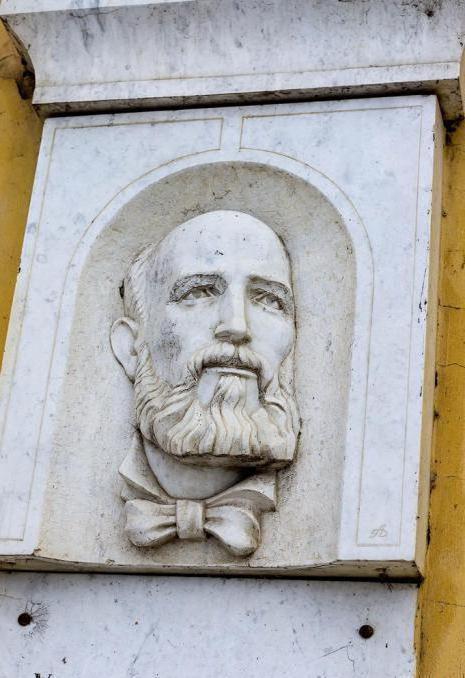
We should note that even before Butlerov in the literaturethe term "chemical structure" was encountered. However, the scientist reinterpreted it and began to use it to define a new concept. The theory of chemical structure is the basis of all branches of modern synthetic chemistry.
Preparation of trimethyl carbinol
The happiest year in Butlerov's life can beConsider the 1863rd year. Acting on acetyl chloride with dimethylzinc, the scientist for the first time in history received tertiary butyl alcohol, otherwise called trimethylcarbinol. In the literature, shortly thereafter, there were reports of the synthesis of butyl alcohols, primary and secondary. Isobutyl alcohol was known to scientists since 1852. Then it was first isolated from vegetable oil. Now there could be no question of any dispute, since there were 4 butyl alcohols, each of which was an isomer. It was a real triumph of structural theory.
Theory of tautomerism
To the period from 1862 to 1865 the basic position of Butlerov's new theory, now reversible isomerization of tautomerism, is the main point. Its author believed that its mechanism consists in splitting the molecules having the same structure and combining their residues with the formation of new molecules with a different structure. The scientist spoke of the need to apply a dynamic approach to chemical processes. In other words, they should be considered as equilibrium. The authority of Alexander Mikhailovich as the author of the theory of tautomerism was recognized even by Peter Laar, a German chemist who introduced the word "tautomerism" into circulation.
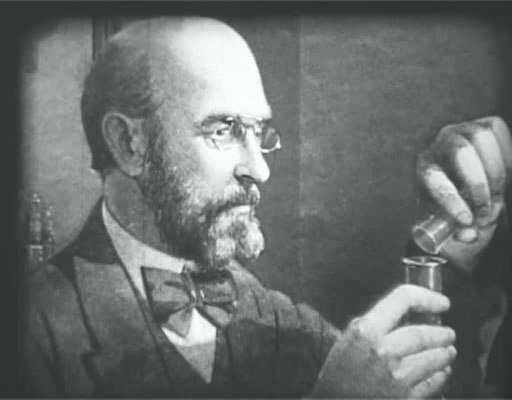
Chemistry textbook
Now Butlerov's task was to apply hisstructural theory already in relation to all compounds and reactions of organic chemistry, and also to create a new textbook on organic chemistry. In the textbook, all phenomena should be viewed through the prism of the theory that he created. Practically 2 years Butlerov worked on his creation. Three issues (between 1864 and 1866) were published by Alexander Mikhailovich's book "Introduction to the Full Study of Organic Chemistry." It was much better than all the textbooks at that time. Butlerov's work caused a revolution in science. Already in 1867, began to prepare the translation and publication of this book in German. Then translations appeared in other major languages of Europe.
Rest in Butlerovka, work in St. Petersburg University
After finishing work on the book, more and more oftenwas in his estate Butlerov Alexander Mikhailovich. His family came here several times a week. Younger son, Volodya, who was 2 years old, loved to play in the meadow, which was near the house. Butlerov Alexander Mikhailovich also liked to rest here. Interesting facts about him include hobby for growing flowers, as well as creating a collection of insects.
Butlerov now spent less time inlaboratory, but followed the discoveries of scientists. At the initiative of Mendeleyev, the famous chemist, in the spring of 1868 Alexander was invited to work at St. Petersburg University. Here he began to give lectures, and also organized his own chemical laboratory. The scientist created a new teaching method. He proposed a laboratory workshop, now universally accepted. Students during the training were trained in working with chemical equipment.

Preparation of isobutylene
Butlerov continued studies in whichdeveloped a structural theory. He wanted to prove that a straight and branched carbon chain can have all kinds of organic compounds. This assumption was derived from his theory. However, it was necessary to prove this in practice. Finally, Alexander Mikhailovich's efforts were crowned with success. He received the long-awaited isobutylene. Thus, the presence of a branched hydrocarbon chain has been proven.
Involvement in the public life of St. Petersburg
Butlerov, in addition to scientific activities, is activewas also involved in the social life of the Russian capital. The progressive public of that time was especially concerned about the issue of women's education. It was necessary that women should have access to higher education. For this purpose, the Higher Women's Courses were established at the Medical Surgical Academy. In addition, Bestuzhev women's courses were organized, where Alexander Mikhailovich lectured in chemistry.
Membership in the Academy of Sciences
The activity of this scientist was markedAcademy of Sciences. Butlerova was elected in 1871 an extraordinary academician, and after 3 years - and ordinary. Thanks to this, he received an apartment in an academy-owned building. Here lived and Zinin Nikolai Nikolayevich. Long-standing friendship with him was further strengthened by a close neighborhood.
last years of life
The life and work of Alexander Butlerov beforeThe last few years have been associated with science. However, the years went by, and the classes with the students became too heavy for Butlerov. The scientist decided to leave the university. He read a farewell lecture on April 4, 1880. This decision was greeted with deep regret. It is known that the Academic Council asked Alexander Mikhailovich to stay. He was elected for another 5 years.

Butlerov as much as possible limited the activity in theuniversity. He read only the main course and several times a week conducted classes in the laboratory. August 5, 1886, died of obstruction of vessels Butlerov Alexander Mikhailovich. Photo of the chapel on Butlerov's grave is presented above.
</ p>
